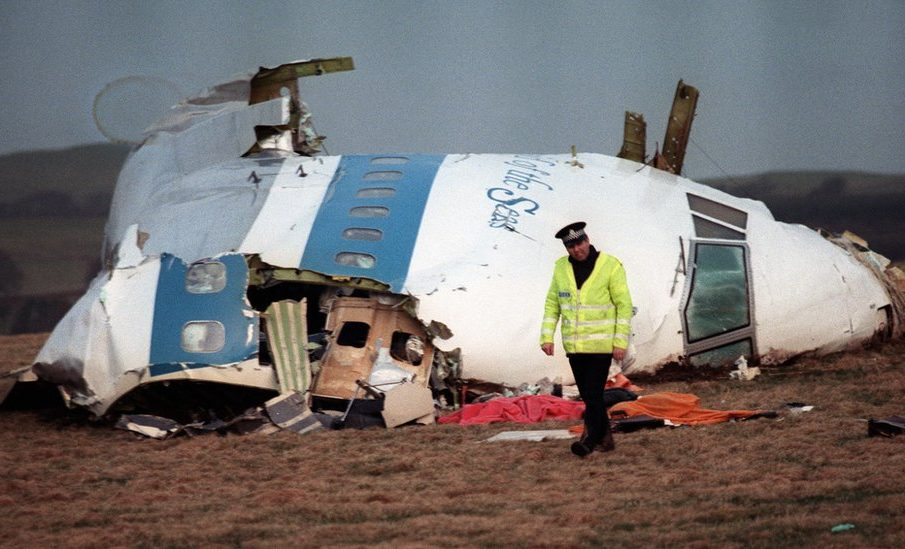The Lockerbie Bombing: A Turning Point in Aviation Security

Introduction
The Lockerbie bombing, which occurred on December 21, 1988, remains one of the deadliest terrorist attacks in aviation history. Flight Pan Am 103 was brought down over the small Scottish town of Lockerbie, resulting in the deaths of 270 people, including 11 residents on the ground. This tragic event not only shocked the world but also prompted significant changes in international aviation security protocols, making it a critical point of reference in discussions surrounding counter-terrorism efforts.
The Incident
On that fateful evening, Pan Am Flight 103 was just 38 minutes into its flight from London to New York when it exploded over Lockerbie. The blast was caused by a bomb hidden in a suitcase, later determined to be orchestrated by Libyan agents. The fallout from the bombing was catastrophic, with debris raining down over the town and claiming the lives of both passengers and locals. The immediate aftermath saw a massive rescue operation, but tragically, there were no survivors from the aircraft.
The Investigation
Following the bombing, a lengthy investigation ensued, spearheaded by the Americans and British authorities. In November 1991, the FBI identified Abdelbaset al-Megrahi as the prime suspect. After a protracted legal battle, Megrahi was convicted in a specially convened court in the Netherlands and sentenced to life imprisonment in 2001. His release on compassionate grounds in 2009, due to terminal illness, sparked outrage and controversy, raising questions about justice and accountability.
Impact on Aviation Security
The Lockerbie bombing had a profound impact on the way aviation security was approached worldwide. In the wake of the attack, measures such as stricter baggage checks, advanced screening technologies, and regulations regarding carry-on items were implemented globally. The incident also influenced international diplomatic relations and counter-terrorism strategies, with an emphasis on addressing the roots of terrorism.
Current Relevance and Conclusion
Over three decades later, the legacy of the Lockerbie bombing continues to resonate, reminding us of the vulnerabilities in air travel and the importance of vigilance against terrorism. As the families and friends of the victims continue to seek closure and justice, ongoing debates about international terrorism, security measures, and national policies are more relevant than ever. The bombing not only shaped the landscape of aviation security but also highlighted the significance of international cooperation in the fight against terrorism, a lesson that remains crucial in today’s global environment.








